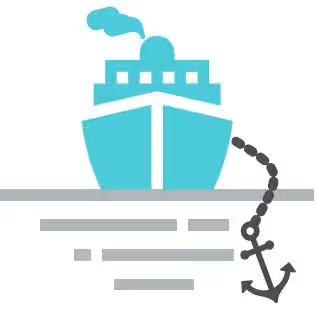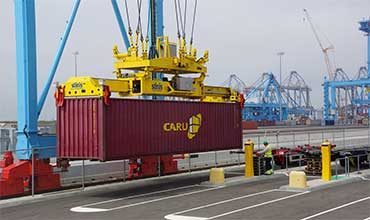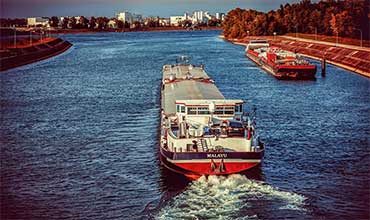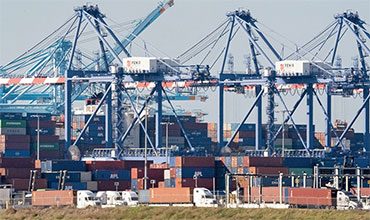Management and Organization of Maritime Transport
Maritime transport management encompasses a broad range of activities aimed at insuring the efficient movement of goods across the world’s oceans. Strategic planning is fundamental in this domain, involving the coordination of shipping routes, fleet direction and port acts. Effective control practices are essential for optimizing cargo flows and reducing transit times, thereby enhancing the overall efficiency of seafaring logistics bunches. The planning process must also account for variable factors as well as weather conditions, geopolitical risks and economic fluctuations, all of which can significantly impact maritime affairs. Modern technologies, along with real-time tracking systems and predictive analytics, are increasingly being utilized to improve decision-making processes and to facilitate seamless coordination among various stakeholders within the seagoing deliver ecosystem.
Regulatory Compliance and Safety Protocols
Assuring concession with international marine regulations is a critical aspect of maritime ship management. Organizations must adhere to stringent safety and recyclable standards set forth by bodies like as the International Maritime Organization (IMO). These regulations govern various features of seafaring missions, including vessel construction, crew training and waste control practices. Effective implementation of safety agreements is paramount to mitigating risks associated with marine carry, such as collisions, spills and other environmental hazards. Regular audits and inspections are conducted to guarantee that vessels and port facilities comply with the necessary standards.
Additionally, ongoing training and development programs for maritime personnel are crucial to maintain high levels of safety and operational ability. The integration of advanced safety technologies and robust regulatory frameworks plays a vital role in safeguarding the maritime industry and its global supply chains.




